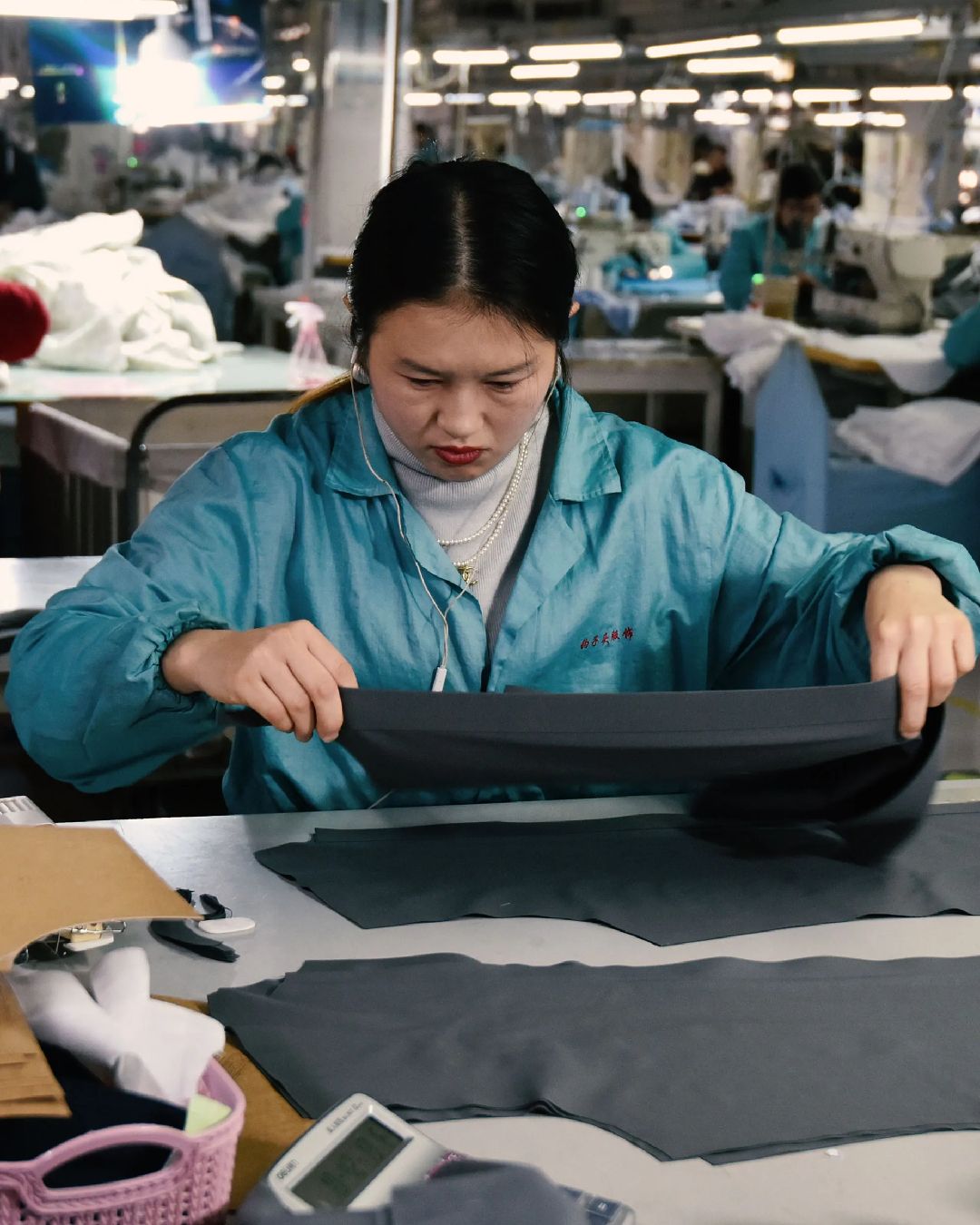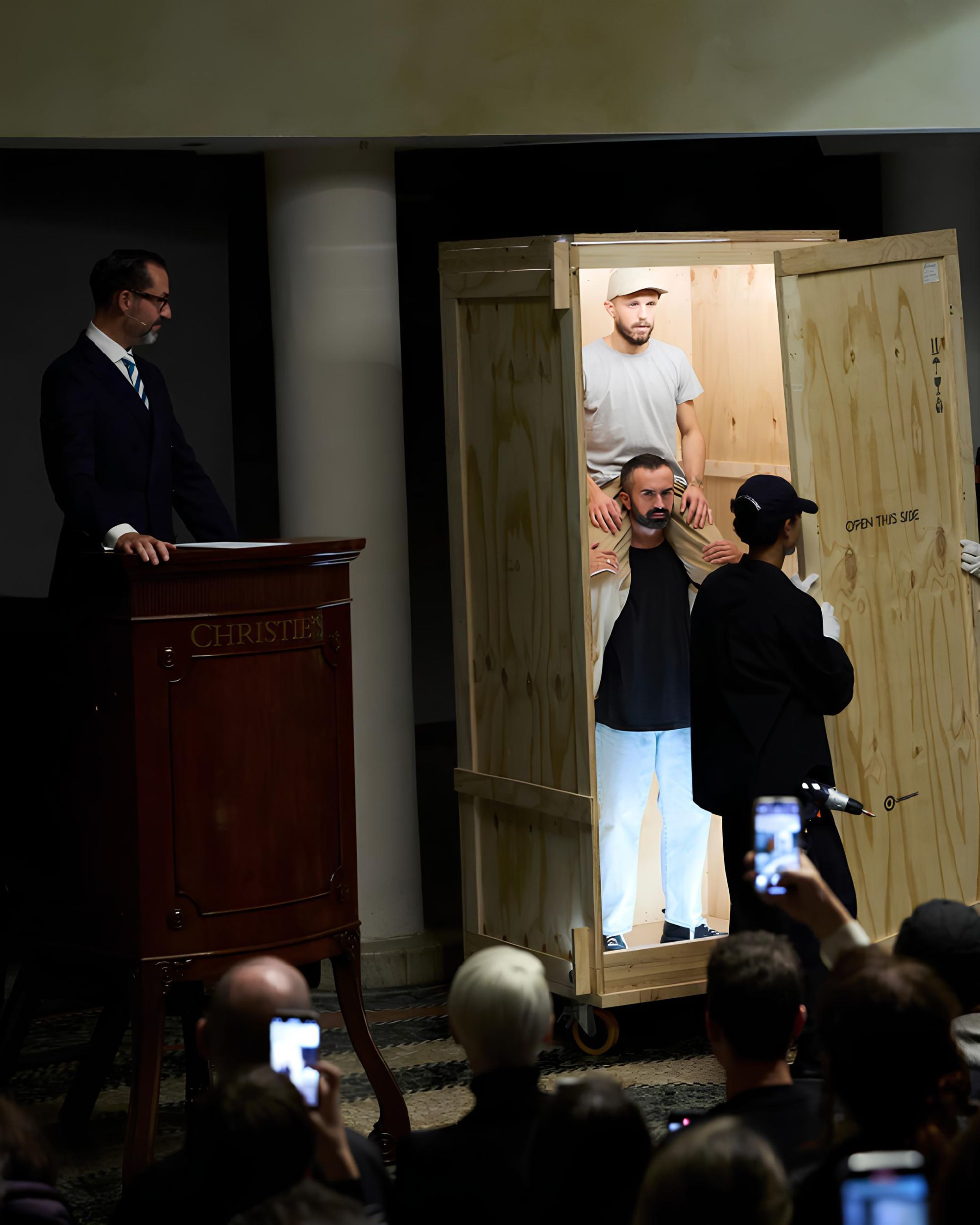
Gucci acquired three tanneries in Tuscany A strong investment during dark times for the sector
Gucci recently acquired 100% of the Colonna Group through its subsidiary Gucci Logistica, increasing its previous 51% stake held since 2019. The Colonna Group is a historic supplier of Gucci and comprises three major tanneries: Marbella Pellami, Conceria 800, and Falco Pellami, all located in Santa Croce sull’Arno, a district renowned for its centuries-old leather craftsmanship. This move is part of a broader trend of brands verticalizing their supply chains by acquiring previously independent production entities (Zegna, Chanel, Prada, and Brunello Cucinelli have made numerous key acquisitions like these in the past) and further strengthens Gucci’s position in the direct management of the production chain, an increasingly critical type of acquisition today as it gives the brand control over quality and sustainability processes. Gucci is no stranger to investing in tanneries: in 2004, it formed a joint venture with Colonna to create the Blutonic tannery and, with Kering's support, acquired Luxury Tannery in Serbia and Caravel in Tuscany. Leather goods, after all, remain central to the brand’s expansion and consolidation strategy, especially at a time when luxury is increasingly focused on sustainability and direct production control.
The acquisition comes at a critical moment for the tanning sector and, more broadly, for the entire Made in Italy sector. The crisis, exacerbated by post-pandemic effects and market dynamics, has led to a 214% increase in authorized hours of furlough and solidarity funds in the first nine months of 2024, as reported by La Nazione last week. Difficulties are especially impacting small and medium-sized enterprises in the leather sector, which constitute a significant portion of the regional economy. According to data from Unioncamere, in the first half of 2024 in Tuscany, 304 fashion sector companies ceased operations, of which 182 operated in leather goods. The most affected provinces are Florence and Pisa, where the closure of historic businesses has become a worrying trend. In Florence, for instance, the number of registered companies dropped from 2,470 at the end of 2023 to 2,358 by mid-2024, with a loss of 112 units. Furlough hours have increased dramatically: in the leather sector, authorized hours rose from 200,000 in 2023 to 400,000 in the first six months of 2024. This situation requires not only urgent and targeted interventions but also a rethinking of production chains with a long-term perspective that includes institutions, trade associations, and companies like Gucci. With this acquisition, Gucci positions itself as a leader in tackling the sector’s challenges since direct control of the supply chain ensures not only quality and sustainability but also support for the local economy and local craft cultures. However, the response to the crisis cannot be left solely to major brands: more incisive industrial policies and adequate institutional support are needed to preserve a sector that represents an excellence of Made in Italy.














































